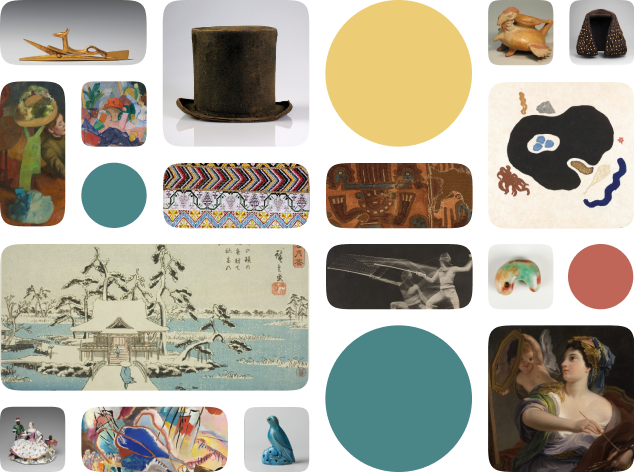A Humorous Calavera
Creator Name
Cultural Context
Date
Source
About the Work
Literary calaveras are poems, thematically similar to corridos, that use skeleton figures to make satirical critiques of individuals, often having to do with the brevity of life and the foolishness of vanity. They accompany physical calaveras, human skull sculptures made from sugar or clay for Día de los Muertos.
In the early 20th century, artist José Guadalupe Posada used calaveras to critique the events of the day and uplift working class narratives. This calavera reads (translated):
“A Humorous Calavera. Dedicated to the street vendors, tortilla makers, vegetable sellers, and all people in struggle. To the blouse-hawkers, shopkeepers, and butchers. There goes their calavera – I’m going to make fun of them.”
Skulls frequently appear in precolonial Mesoamerican sculpture and text, symbolizing the cyclical nature of life and death. The calaveras of Día de los Muertos thus combine both Hispanic and Indigenous elements.
Work details
Title
Creator
Worktype
Cultural Context
Material
Dimensions
Technique
Language
Date
Provenance
Style Period
Rights
Inscription
Location
Source
Subjects
Topic
Related Content
All Works in Curationist’s archives can be reproduced and used freely. How to attribute this Work:
Help us improve this content!
Save this work.
